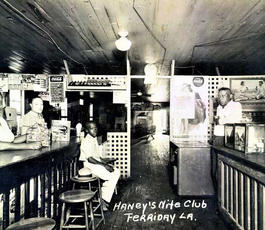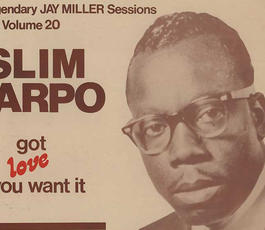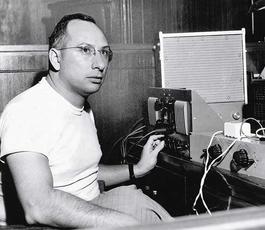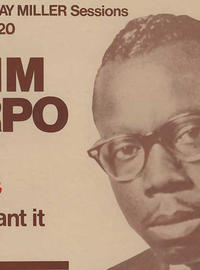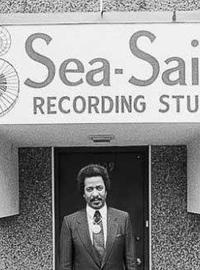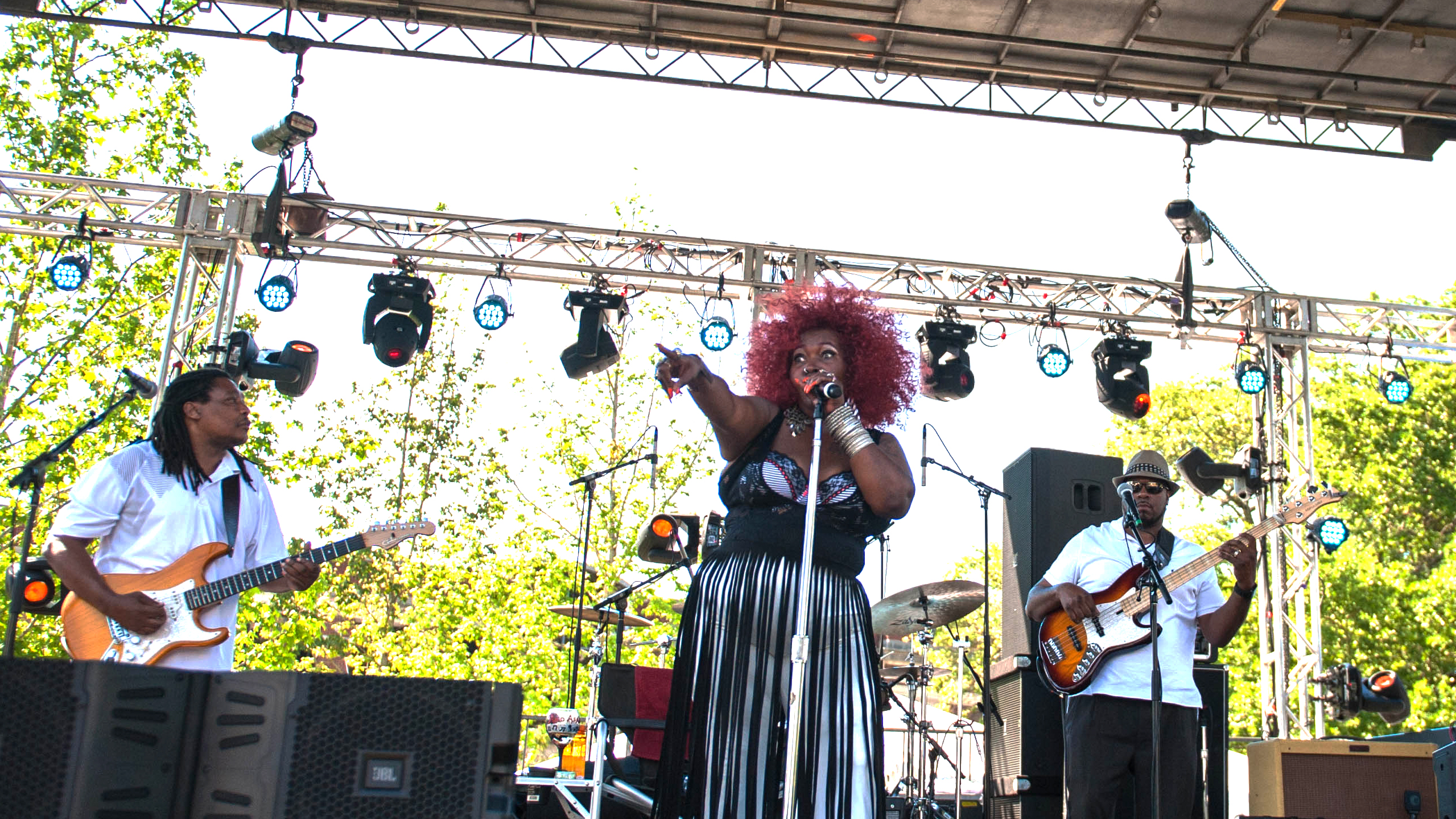
Like much musical terminology, “soul music” is an imprecise and subjective descriptor. Its sounds overlap considerably with both R&B and funk, all of which share deep roots in African American folklore. Soul music is generally associated with songs recorded in the ‘60s and ‘70s by Black stars like Aretha Franklin and James Brown. Both the genre’s name and its music were closely intertwined with the political activism of the Civil Rights Movement, as exemplified by the inclusive solidarity and implicit pride of the popular terms “soul brother” and “soul sister.” In addition, James Brown was often billed and referred to as “Soul Brother Number One.”
More specifically, soul music is often associated with the output of two record companies — the Black-owned Motown, based in Detroit, and Stax/Volt, based in Memphis. Motown’s marquee artists included Smokey Robinson, the Supremes, the Temptations, the Four Tops, Marvin Gaye and Gladys Knight. Among their chart-topping peers at Stax/Volt were Otis Redding, Sam and Dave, Rufus Thomas, Isaac Hayes and the Staple Singers. Motown’s smooth, innovative productions at times utilized a wide range of instrumentation including woodwinds and string sections, while the Stax/Volt sound stood out for its precise and powerful horn arrangements and a fervent approach to vocals influenced by gospel and blues.
Generally speaking, the southern Stax/Volt sound had more influence on soul music in Louisiana than did Motown — as heard on such songs as Charles Sheffield’s “It’s Your Voodoo Working” in 1961, Tami Lynn’s “Mojo Hannah” in 1962, Robert Parker’s “Barefootin’” in 1966, Lee Dorsey’s “Ride Your Pony” in 1967, C. P. Love’s “I Found All These Things” from 1971. Three songs in 1972 — Allen Toussaint’s “Soul Sister,” King Floyd’s “Groove Me” and Jean Knight’s multi-million seller “Mister Big Stuff” — also topped charts. Conversely, Motown’s producers admired New Orleans’ Afro-Caribbean grooves, as heard on such hits as the Supremes’ “When The Love Starts Shining Through his Eyes.” In 1963, the label hired several notable Crescent City musicians, including drummer Smokey Johnson, to come to Detroit to play on recording sessions.
Soul music also thrived elsewhere around the state, as performed by such artists as Kat and the Kittens and Dalton Reed, both in Lafayette; Eddie G. Jiles in Shreveport; Toussaint McCall in Monroe, and Charles Sheffield in Lake Charles. In southwest Louisiana it influenced and interacted with both swamp pop and zydeco.
The term “soul music” began to fade somewhat after the seventies as new identifiers came along, but the soul sound lives on throughout Louisiana. New Orleans vocalist Tyrone Pollard, leader of the band Brother Tyrone and the Mindbenders, sings soul music in an emotional style that recalls the ‘60s, especially the work of Otis Redding, with no trace of self-conscious retro nostalgia. The repertoire of the ‘70s and beyond are masterfully explored by Sierra Green and the Soul Machine. And, since 1983, the still-active Blue-Eyed Soul Review from Houma has expertly backed up such great soul singers as the late Percy Sledge.
Authored by Ben Sandmel

